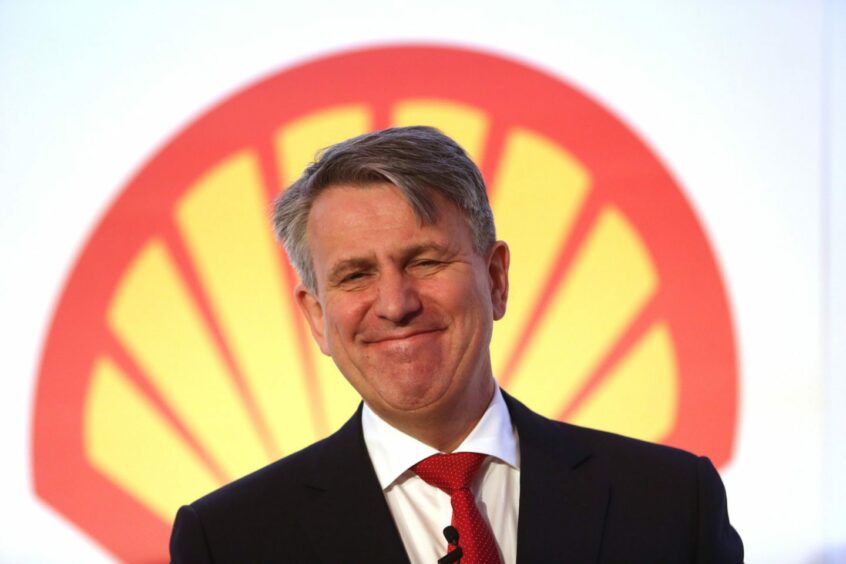
Shell (LON:SHEL) CEO Ben van Beurden has “flung open a door on windfall tax which the UK Government had been trying to close”.
Yesterday the outgoing head of the oil giant told a conference in London that governments need to tax energy firms to help the poor, describing such levies as “inevitable”, echoing a similar sentiment from Equinor CEO Anders Opedal last month.
Susannah Streeter, senior investment and market analyst at Hargreaves Lansdown, said Ben van Beurden’s comments will “reignite the debate”.
‘’Shell’s boss has flung open a door on a windfall tax which the UK government had been trying to close. This will reignite the debate over how profits of energy giants should be taxed, just as a row rages about whether welfare spending will be hit to pay for the Truss administration’s slash and spend policies.”
It comes as industry groups like Offshore Energies UK (OEUK) – of which Shell is a leading member – and even the new Prime Minister Liz Truss have attempted to prevent any further extension to a windfall tax on such companies.
Rishi Sunak imposed the Energy Profits Levy on producers in May, increasing their headline tax rate from 40% to 65%.
Meanwhile Labour leader Sir Keir Starmer, whose party is polling comfortably ahead of the Tories following the Chancellor’s “mini budget” last week, backs an extension to the windfall tax.
Mr van Beurden told the conference that “one way or another there needs to be government intervention”.
He added: “Protecting the poorest, that probably may then mean that governments need to tax people in this room to pay for it.”
Reading the room
Shell posted “eye watering” Q1 net profits of £18bn and Ms Streeter said the Shell CEO has “clearly been reading the room” on windfall tax given the worsening energy crisis.
“There has been a sanguine reaction from investors to his remarks that government intervention was inevitable with Shell’s share price rising in the hours that followed.
“His remarks will be seen as being generally supportive of the EU’s plans to tap profits of companies to help pay for initial energy support packages, and they also shine the spotlight on the UK government’s vow not to further tax oil and gas companies over and above, measures deployed by former Chancellor Rishi Sunak.”
Shell shares were up by just over 2.3% yesterday at 4.30pm following the comments.
Mr van Beurden will retire at the end of the year to be replaced by Wael Sawan, the current head of the group’s integrated gas and renewables division on January 1.
These comments, along with Sawan’s appointment, show Shell wants to ramp up its ESG strategy “not just in terms of its environmental credentials but it’s social reputation as well,” Ms Streeter added.
OEUK and others have argued that an extension to the windfall tax would threaten energy security in the UK – the trade body did not comment on van Beurden’s remarks.
Greenpeace on Shell and windfall tax
The activist group Greenpeace said the money has been “up for grabs all year”.
UK energy campaigner Georgia Whitaker said: “When the head of BP has likened his company to a cash machine, and the boss of Shell is actually backing a windfall tax, it makes you wonder what it’s going to take for the government to make a withdrawal?
“A windfall tax on fossil fuel companies’ billions of excess profits could pay for the energy bill freeze, as well as funding vital home energy upgrades – addressing the cost of living crisis and the climate crisis in one go.
“This money has been up for grabs all year and other countries have already introduced windfall taxes. But all our government has done is bring in sticking plaster solutions that fail to tackle the root causes of fuel poverty, energy insecurity and the climate crisis.”
Recommended for you

